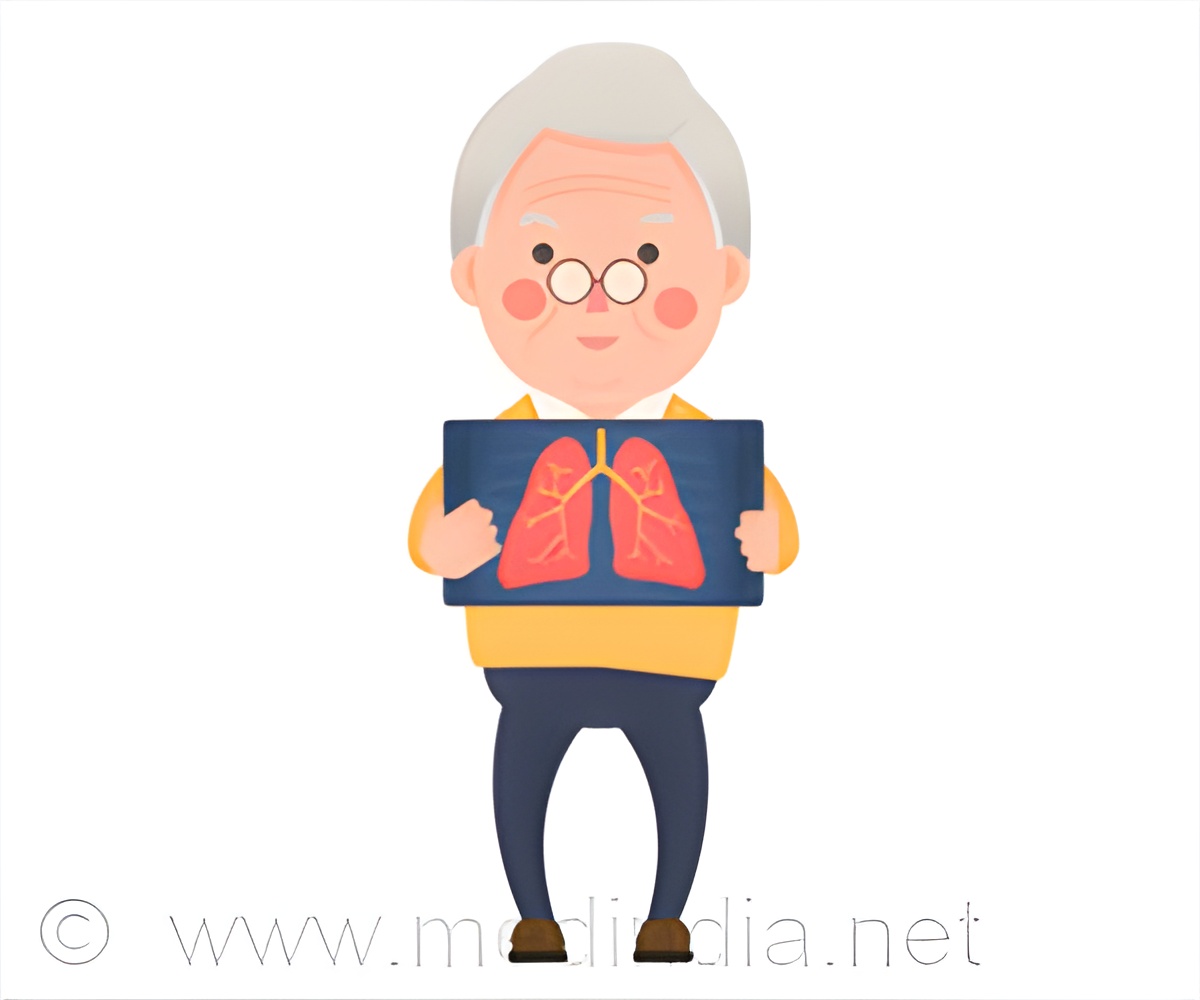African-American women have highest prevalence of COPD compared to non-smoking older white men.

- Non-smoking older women have the highest prevalence of COPD compared to non-smoking older men.
- 7% of non-smoking African American women and 5.2% of the non-smoking older White women have COPD.
COPD is a group of lung conditions which include chronic bronchitis, emphysema and chronic asthma that is not fully reversible.
It usually affects middle aged or older people resulting in difficulty in breathing or chronic breathlessness. Unfortunately, sufferers usually regard the breathlessness as part of normal process of aging and often ignore COPD.
COPD was responsible for 3 million deaths worldwide in 2015. It is the third leading cause of death in the USA and smoking is the biggest risk factor for the disease.
But one-quarter of Americans with COPD are non-smokers.
"Some of women's greater vulnerability to COPD may be due to physiological differences. When we took into account height (a proxy for lung size), the odds of COPD among women compared to men were less elevated. However, we still found women had approximately 50% higher odds of COPD compared to white men even when we adjusted for height, education, income, and health care access" said lead author, Professor Esme Fuller-Thomson, Sandra Rotman Endowed Chair and Director of the Institute for Life Course & Aging at the University of Toronto's Factor-Inwentash Faculty of Social Work.
- Hormones may also play a role.
- Exposure to second hand smoke.
- Physiological differences like height-which is a proxy for lung size.
- Sociological factors like education, income, health care access.
Sample size drawn from the 2012 Behavioural Risk Surveillance included 129,535 Americans aged 50 and older who had never smoked.
- African American women-8,674
- African American men- 2,708
- White women- 80,317
- White men- 37,836
African American women had the highest prevalence of COPD among older adults who had never smoked.
The odds of COPD among African American women compared to white men declined by more than half, after adjusting for income and education levels.
The possible explanation for this could be that poverty is associated with increased exposure to toxins, such as second-hand smoke in work-places and air pollution in inner city environments.
Fuller-Thomson adds "Primary care physicians and other health professionals should consider screening all their older patients for COPD, including those who have never smoked. Women, particularly African American women, have an unexpectedly high prevalence of COPD. Earlier detection of COPD has been found to improve patient outcomes in both the short and long-term and is therefore an important clinical goal."
Future research is needed to investigate if these factors play a role in the greater vulnerability of African American women to COPD.
Study was conducted by researchers from the University of Toronto and was published online in the International Journal of Chronic Diseases.
References
- World COPD Day 2016: Breathe in the Knowledge - (https://www.medindia.net/news/healthwatch/world-copd-day-2016-breathe-in-the-knowledge-165317-1.htm)
- Esme Fuller-Thomson et al. COPD in a Population-Based Sample of Never-Smokers: Interactions among Sex, Gender, and Race. International Journal of Chronic Diseases; (2016)
doi.org/10.1155/2016/586
Source-Medindia










